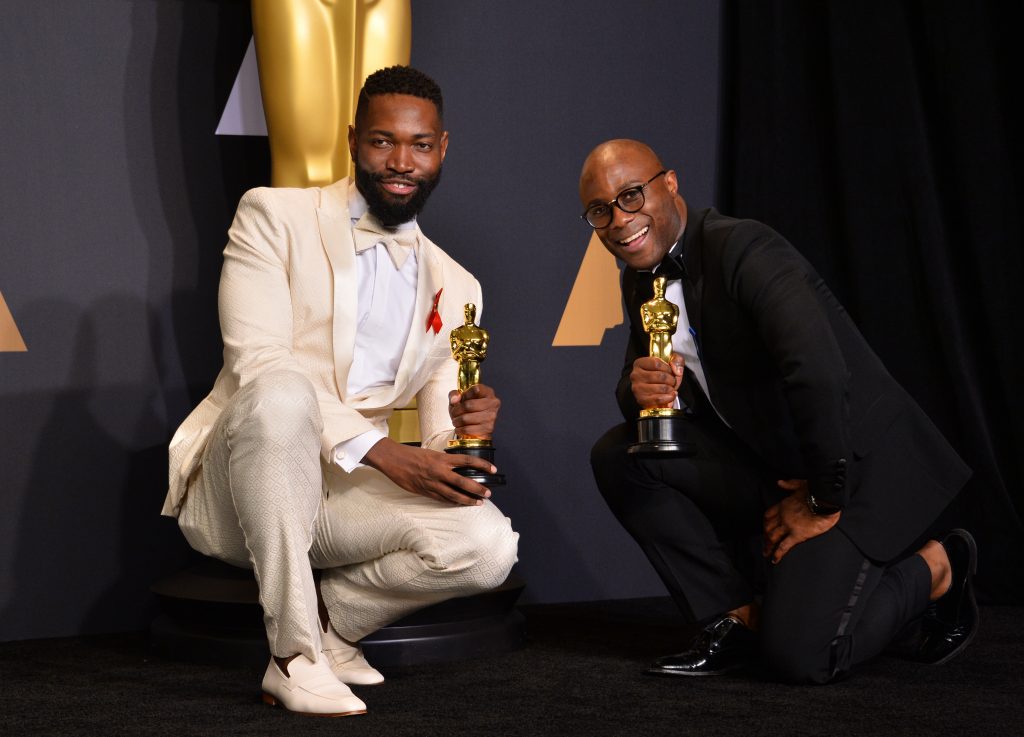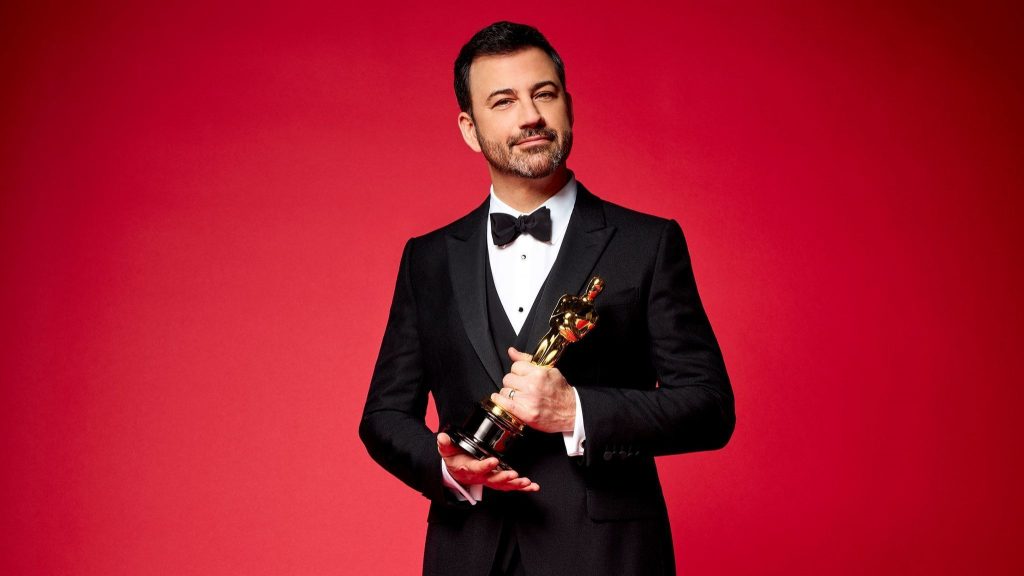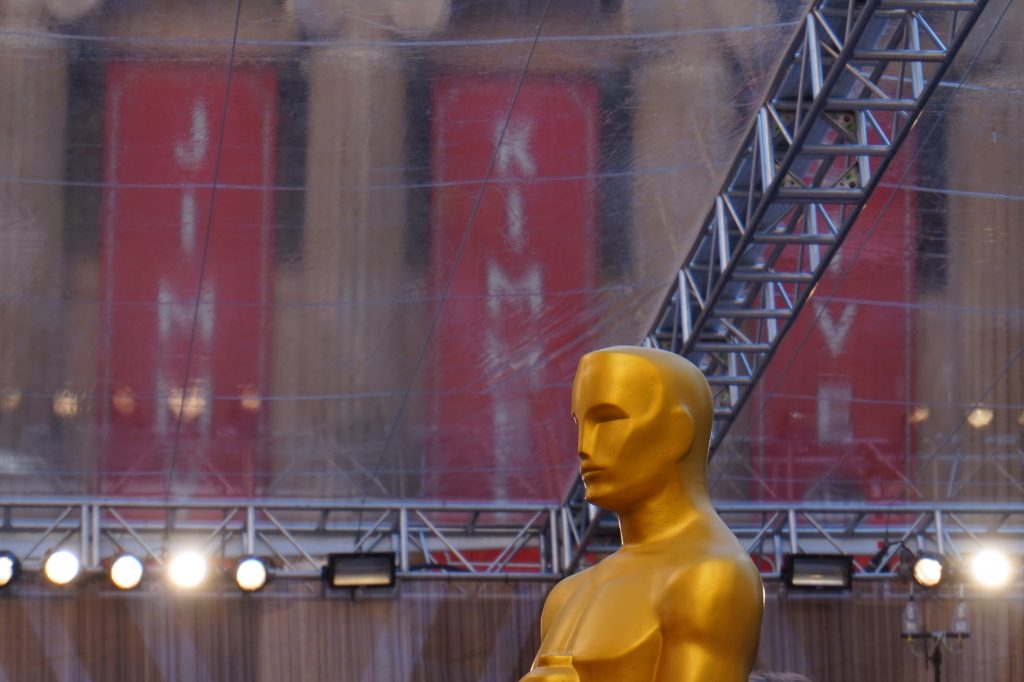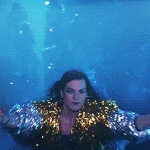 Every year people question if the Oscars still matter, and the answer is always an easy one. Of course they still do. They always have. The statuette of a naked gold man standing tall represents so much more than a mere professional accolade. It’s a symbol of excellence, of ingenuity and profound artistic expression. A honour bestowed to the masters of their craft, and while we may get lulled into the superficiality of the occasion which comes at us live from the red carpet – the crux of the event is much simpler. It’s who won what, not who they are wearing.
Every year people question if the Oscars still matter, and the answer is always an easy one. Of course they still do. They always have. The statuette of a naked gold man standing tall represents so much more than a mere professional accolade. It’s a symbol of excellence, of ingenuity and profound artistic expression. A honour bestowed to the masters of their craft, and while we may get lulled into the superficiality of the occasion which comes at us live from the red carpet – the crux of the event is much simpler. It’s who won what, not who they are wearing.

The Academy Awards are a true celebration of cinema and creativity, and cinema matters as much now as it ever has, working as a reflection and comment on society, which allows us a vital understanding of the world we inhabit. The event also helps give a platform to films and filmmakers that may have gone relatively unnoticed. Just take Moonlight, in winning the Best Picture in 2017 it can give studios the confidence to green-light other narratives of a similar ilk, that approach similar themes, thus exposing people to content and stories they may never have otherwise indulged in.

Not to mention the fact that talented individuals can help further their own career off the back of just a nomination. Such recognition can go a long way in this industry, whether it be cementing the legendary status of a venerable auteur, or furthering the career of a fresh new voice. Moonlight‘s success felt significant from a political standpoint too. It came off the back of the #OscarsSoWhite movement, that proved to be so much more than a mere hashtag. Historically speaking, the Academy Awards are a marker of what is successful in this art-form, which sought only to highlight the striking lack of stories told by those who aren’t middle-aged white men.

Had it not be for the unsettling statistics concerning the winners across the years, and the demographic of those voting – it may have been an issue that was harder to confront, and eventually change, yet it feels now as though we’re moving towards a more diverse and progressive industry, and the Oscars have played a part. There has always been a prevalent political undercurrent to the ceremony, particularly through the sometimes-way-too-long speeches given by the teary winners. Allowing artists a global platform to campaign on behalf of what they believe in should not be taken for granted. In a world of ‘fake news’, the truth and the freedom of speech has become something of a virtue, let’s protect it.

Though let’s not lose sight of what cinema truly represents and stands for and that’s entertainment, and the Oscars are emblematic of this notion. An annual event we can all get behind, it’s a ceremony that is accessible and outrageous, a time to place your bets amongst friends and eat unhealthy snacks in bowls (and not feel at all guilty when doing so). Roughly 40 million of us tune in every year, and that’s 40 million people who are being entertained. That’s why cinema still flourishes, and in turn why the Oscars even exist. That’s why they matter.
- Jimmy Kimmel, the Oscars and basketball. Watch the clip:






Leave a Comment